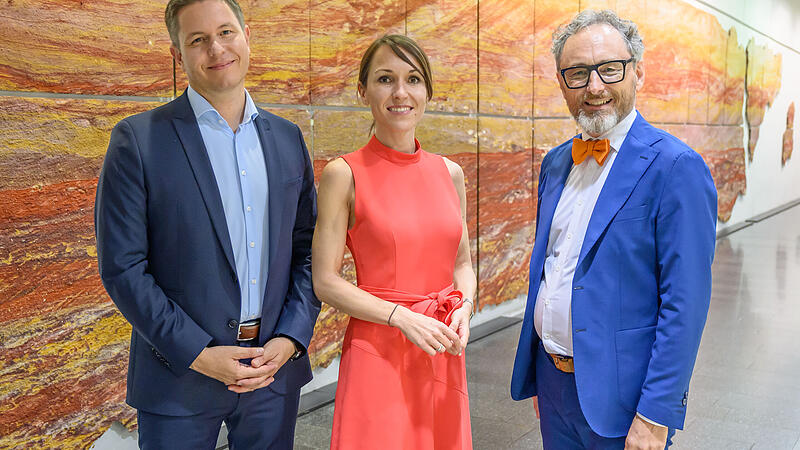“90 percent of digitization is nonsense. But we first have to find out what this 90 percent is,” says Christoph Holz: the start-up founder, computer scientist and aerospace engineer. This week he was a guest speaker at the “Consultants’ Day” event of the Ubit division (management consultants, accountants, IT) of the Upper Austrian Chamber of Commerce in the Design Center in Linz. Holz and the futurologist Christiane Varga presented future scenarios, gave food for thought and at the same time tried to take away the fear of the future.
According to Varga, we are currently in a fundamental phase of upheaval in almost all areas of our lives: “Change is quite natural, every 100 to 150 years societies have had to adjust to a complete upheaval.” One difference is that the world is more digitally networked than ever. Fear of the unknown is normal: “But permanent fear is a hindrance to the future.” You can’t plan for the future: “But we can stay calm and active without falling into actionism.” Division chairman Markus Roth emphasized the positive sides of the change: “During meetings in the Metaverse, you get the feeling of sitting in the same room with the discussion partners, although in reality they are many kilometers apart.”
Why Google will fail
Holz advises people and companies to try it out. Small experiments would often suffice here: “A large, established company can, for example, try to cooperate with a start-up.”
According to Holz, the future belongs to the small companies anyway, and the number of one-person companies is increasing worldwide: “The big ones are getting bigger and bigger. Using the example of General Electric, we can see how a big one is broken down into its individual parts.” Holz also predicts a similar fate for giants such as Facebook, Amazon and Google. The search engine is in big trouble, according to his thesis: “The last really revolutionary idea was years ago.” The solution lies in artificial intelligence, which collects vast amounts of data: “At some point, the system knows us so well that we no longer need a search engine.”
Source: Nachrichten




